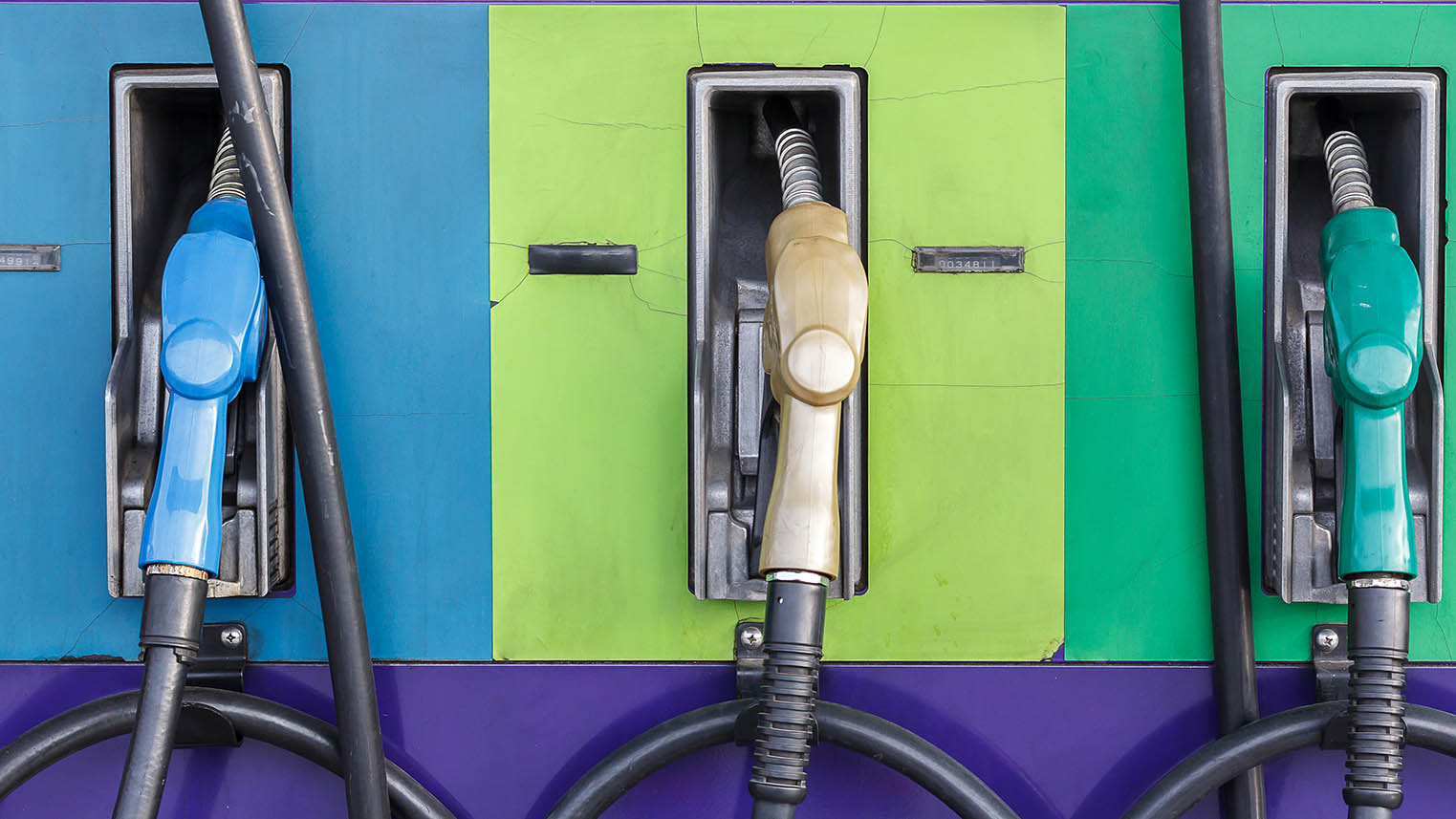We’re feeling that financial pinch at the pump every time we pull up to the gas station. It seems like it’s always a gamble–will the cost be high or will it be higher?
At Coast Capital, we wanted to find out more about the impact of high gas prices on our spending decisions so we teamed up with Mustel Group to conduct a survey of 401 Metro Vancouver residents.
You can probably guess the results…but don’t sweat it yet. We have some tips to help you keep some of that hard-earned cash in your wallet.
The stats
- 63% said that gas prices are impacting their day-to-day finances.
- 37% of families with children under the age of 18 said the price of gas will impact their decision to place children in summer camp or other recreational activities this year.
- 47% of individuals and 57% of families said gas prices are impacting their spending on entertainment and activities like eating out, shows and events.
- 51% of individuals and 60% of families said gas prices are impacting their ability to build their savings.
- 29% of individuals and 38% of families said gas prices are impacting their ability to pay down consumer debt.
- 82% of respondents said they’re worried that the high cost of gas will mean higher costs of everyday goods and services.
Our findings
As we head into summer vacations, our study shows gas prices are having a real impact on peoples’ financial health and well-being, especially for families in Metro Vancouver. People are having to reduce their spending just to keep their budget on track.
It looks like we’re having to compromise and make tough decisions about our spending to be able to afford the higher prices at the pump – with direct impacts on our savings and ability to repay debt.
Tips to save on gas
- Don’t wait until your tank is empty. If you notice a station advertising an affordable price, top up your tank. This helps to avoid settling for high prices if you’re running on empty.
- Download apps that compare gas prices at stations near you. This will help you find the cheapest and closest place to fill up.
- If you can, avoid driving. Use ride-sharing apps or even public transit to cut costs when you can.
- Budget for the highest price. That way, no matter how expensive it is, you’ll have room in your budget. And if it’s cheaper than your estimate, you can put that money aside for next month.
- Clean out your car. It sounds simple but if you have a weight in your trunk, it’ll take extra gas to move your car.
If you need help finding some wiggle room in your budget to make it all work with rising costs, let’s chat. We’ll help you stay on track.



